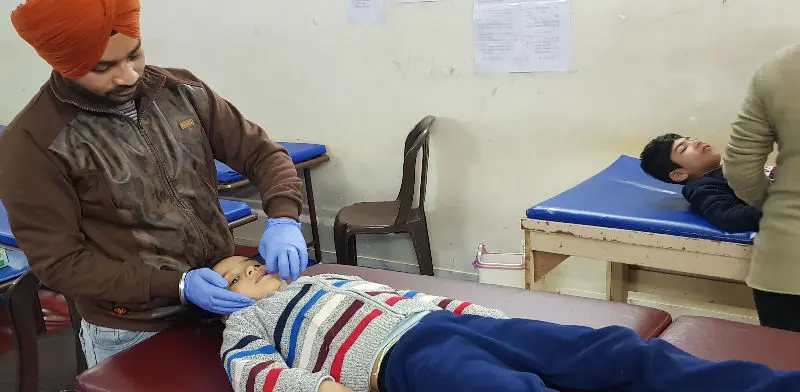IIAHP program can help most children labelled with any learning disability or processing disorder. IIAHP can also correct the conditions that fall under the cluster of pervasive development disorders, which are characterized by the inability to socialize or communicate normally.
Some researchers believe that more serious neurological disorders, most notably bipolar disorder schizophrenia, also fall under the umbrella of FDS and, therefore, can be helped through the IIAHP Program. IIAHP believes every child is unique and can benefit from the IIAHP Achievement Center program. The conditions that IIAHP have success reversing include:
Attention deficit/hyperactivity disorder (ADHD). The inability to pay attention to the point that it disrupts family, friendships, and the classroom.
Autism And autism spectrum disorders. This is an inability to do normal communication and not able to develop social relationships plus behavioural challenges, such as prolonged fixation on an object or group of words, or a complete inability to talk. It is considered the most complex and hardest to understand childhood neurological disorder.
Asperger’s syndrome. Similar to Autism but with excellent verbal skills. Due to high intelligence and obsessive fixation on specific-knowledge topics, often referred to as “little professor syndrome.”
Childhood disintegrative disorder (CDD). The loss of social and communication skills, but usually more dramatic and developing later than in autism. Can also display significant loss in motor (muscle) skills.
Dyslexia and processing disorders. The inability to discriminate the sounds of letters, which also makes spelling, writing, and speech difficult. It is the most misunderstood of all disorders because it is incorrectly perceived as a reading problem owing to mental reversal or transposition of letters.
Obsessive – compulsive disorder (OCD). An anxiety disorder characterized by a pattern of rituals or obsessive thinking to the point that it interferes with everyday living.
Oppositional defiant disorder (ODD). Characterized by openly hostile and defiant behaviour, usually toward authority figures.
Tourette syndrome. Characterized by uncontrollable, sudden, repetitive, and purposeless muscle or verbal tics.
Nonverbal learning disability. Characterized by severely low non-verbal intelligence and average to above average verbal intelligence.






